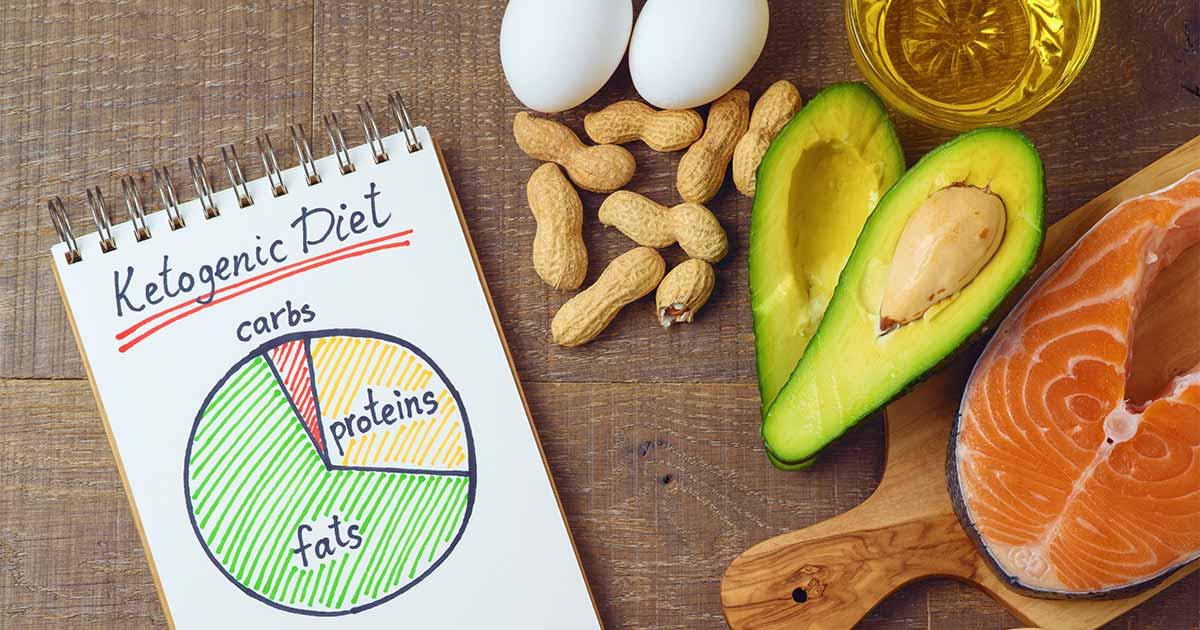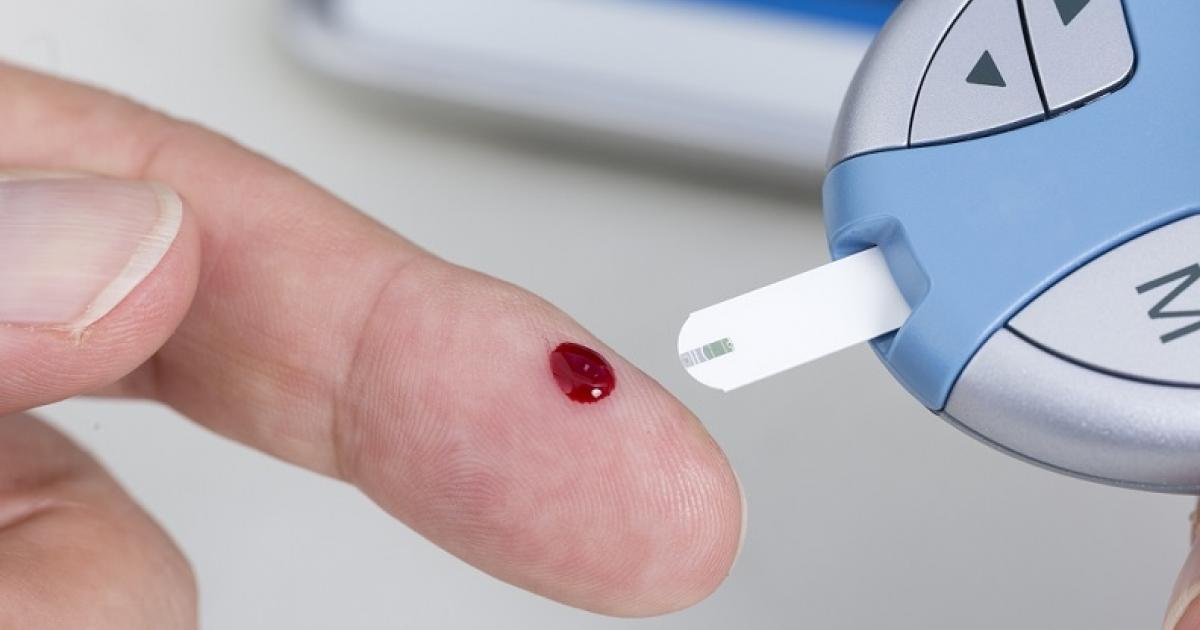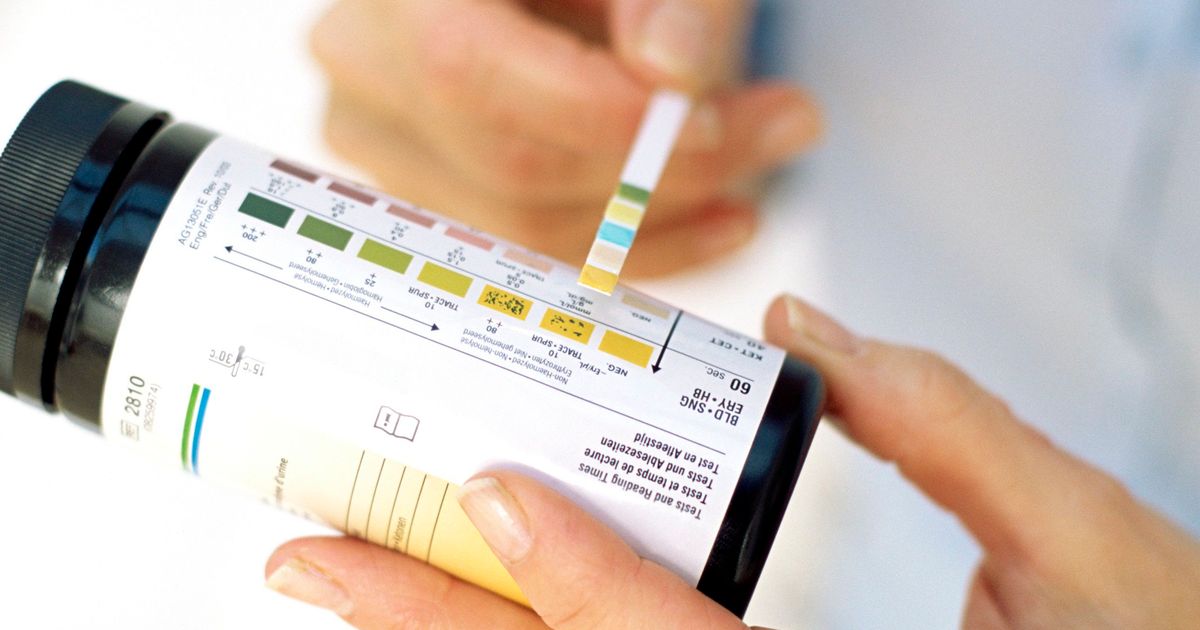What Is Ketosis?
Nowadays, more and more individuals are going on the ketogenic diet to get their bodies into ketosis. Getting into ketosis has become an increasingly popular trend, as it is suggested to have several health benefits based on information from many studies. Despite the number of studies out there, research assessing ketosis' effects on health is ongoing. With that, ketosis is widely compared to another condition called ketoacidosis. Continue reading on what ketosis is, causes of the condition, its side effects, and differences between ketosis and ketoacidosis.
What Ketosis Is

Ketosis is the state in which the body burns fat for energy instead of glucose. The state occurs as the result of consuming low amounts of carbohydrates. Many sources suggest to not go over fifty grams of net carbohydrates per day for getting into ketosis. Normally, the body converts carbohydrates into glucose. The glucose is then transferred into the bloodstream along with insulin, the hormone secreted by the pancreas. Insulin is what enables glucose to be absorbed into cells and used for energy. Insulin is also important for helping the body store glucose for future use.
As the outcome of the body using fat for energy, the liver releases substances called ketone bodies into the bloodstream. The three known types of ketone bodies consist of acetone, acetoacetate, and beta-hydroxybutyrate.
Learn about the different causes of ketosis now.
Causes Of Ketosis

Besides low-carb dieting, several other causes of ketosis have been identified. Starvation, for instance, causes the body to burn stored fat, and thus, it can lead to increased production of ketone bodies. Some researchers believe having diabetes can increase an individual's risk for the condition as well. This is due to the widely investigated correlation between diabetes and low insulin sensitivity, otherwise known as insulin resistance. Insulin resistance means the body's cells won't absorb the hormone, and as a result, glucose remains in the bloodstream.
Another factor regarded as a cause of ketosis is excessive alcohol consumption, since it is linked to decreased insulin sensitivity as well. It is also reported excessive alcohol consumption decreases insulin secretion from the pancreas. However, there are few details on this theory. The link to ketosis is further supported by the effects of alcohol on an individual's appetite. For instance, many individuals suffering from alcohol addictions tend to eat very little.
Get to know when ketosis is healthy next.
When Ketosis Is Healthy

Based on a number of studies, the state of ketosis can be beneficial for individuals who are obese. A review from 2013 reveals thirteen studies showed significant results with participants going on a low-carbohydrate or ketogenic diet. The participants are said to have seen improvements in their body weight along with diastolic blood pressure and triglycerides, the main source of fat used by the body.
Further research shows ketosis can be helpful for diabetes patients as well. In a study published in 2007, obese participants with high blood glucose saw a great decrease over the course of fifty-six weeks. In addition, body weight with levels of low-density lipoprotein cholesterol (the bad kind) and triglycerides were reduced. It is also believed ketosis can help against cardiovascular conditions such as heart disease. Though research indicates this may be the case, the link has yet to be fully verified.
Ultimately, going into ketosis can be healthy provided individuals are smart and follow the appropriate guidelines.
Of course, there can be side effects. Learn about these next.
Side Effects Of Ketosis

There are some side effects of ketosis, often referred to as the ketogenic flu. However, the side effects usually only last a brief period.
Side effects can vary depending on the individual. When first getting into the state of ketosis, it is typical to experience fatigue and headaches. Some individuals have reported feeling shaky or more tired than usual. It is definitely typical for individuals to develop a fruity scent on their breath as well. As expected, individuals may have cravings for foods containing high amounts of sugar and carbohydrates. Heart palpitations are also known to occur during the body's transition into ketosis. Additional effects of ketosis may include muscle cramps, nausea, confusion, low blood sugar, constipation, irritability, and restlessness.
Symptoms are often due to the decline in electrolytes such as magnesium, sodium, and potassium. Therefore, it is important to get a proper amount of these minerals. Some major sources of magnesium and potassium appropriate for the ketogenic diet are avocados, mushrooms, and spinach. Individuals on the ketogenic diet can add foods like eggs, salmon, and even bacon to get more sodium.
Understand the differences between ketosis and ketoacidosis next.
Differences Between Ketosis And Ketoacidosis

Symptoms of ketosis and ketoacidosis are similar, though they are very different in terms of triggers as well as effects on an individual's health. In broad terms, ketosis is considered safe. Contrary to this, ketoacidosis is a very serious condition involving very high levels of ketones in the bloodstream, which can cause result in death if not managed properly. Another thing is ketoacidosis happens to individuals who have diabetes or are diagnosed with infectious conditions such as sepsis and pneumonia.
Infections of the urine and respiratory tracts are thought to have been the primary triggers in diabetic ketoacidosis patients for a recent study. Other triggers identified included pregnancy and stress. Several non-infectious conditions have been named as triggers for ketoacidosis as well, including hypovolemia, pancreatitis, and arterial thrombosis. In addition, ketoacidosis is thought to be triggered by the misuse of some drugs.